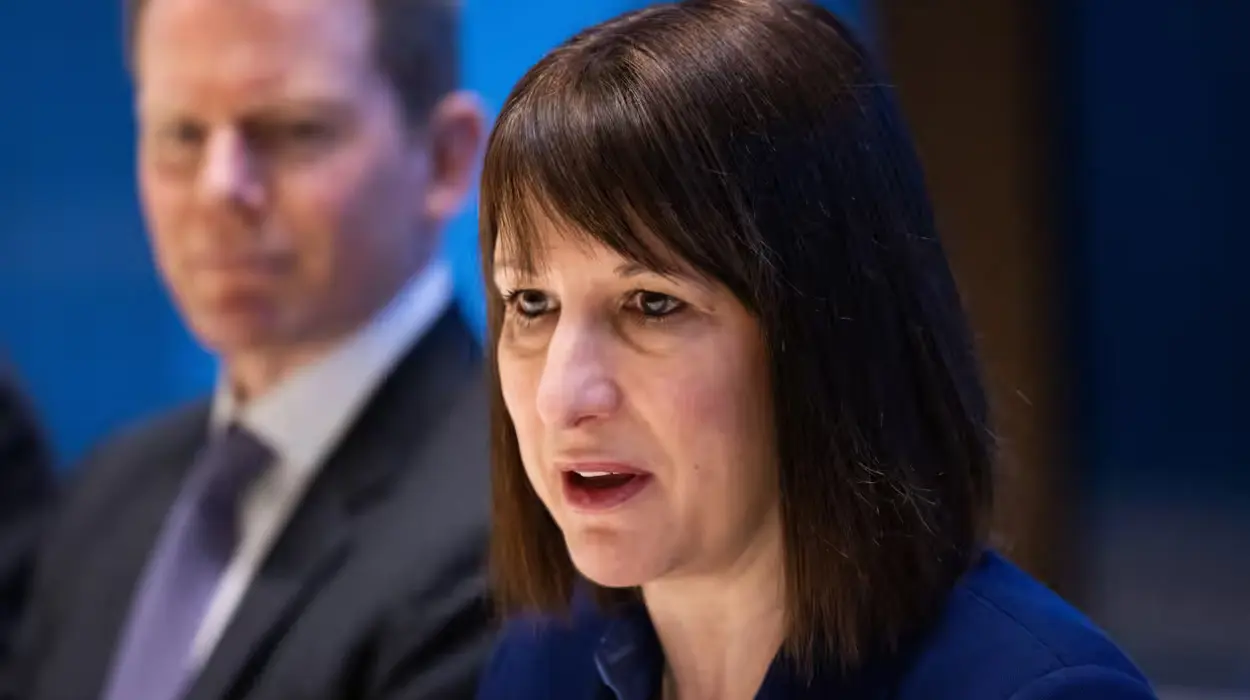UK (Parliament Politics Magazine) – ICAEW survey reveals UK business confidence falls to 2-year low, hit by tax hikes and US tariffs, raising concerns over sales and economic outlook.
As reported by The Guardian, a recent survey shows that business confidence in Britain has slumped to its lowest point in over two years, citing growing concerns over tax increases and Donald Trump’s escalating trade tensions.
ICAEW survey about UK business confidence
The Institute of Chartered Accountants in England and Wales described the first quarter of the year as “harrowing” for British companies, underscoring significant business risks.
The accountancy industry professional body showed that its survey of 1,000 chartered accountants revealed a sharp drop in business confidence, driven by high taxes, cost pressures, and weaker sales projections.
The index of business confidence plunged to -3, marking the weakest level since late 2022. This represents a significant decline from 0.2 in the final quarter of 2024. An index score of 100 reflects full confidence from survey participants in future outlooks, whereas -100 suggests a complete lack of confidence.
According to the ICAEW, 56% of businesses see tax increases as a growing concern, setting a new record since the survey started in 2004. Due to weaker economic conditions, businesses are predicting a decline in domestic sales growth for the upcoming year, which is expected to drop to its lowest point since Q3 2022.
Financial markets now expect the Bank of England to reduce interest rates at its upcoming policy meeting on 8 May, even though inflation stays above 2%.
What did Suren Thiru say about UK business confidence amid tax hikes and US tariffs?
Suren Thiru, the economics director at the ICAEW, stated,
“These figures suggest that this year has so far been a pretty harrowing one for the UK economy as accelerating anxiety over future sales performance, April’s eye-watering tax hike and US tariffs helped push business sentiment into ominous territory.”
He added,
“The mood music on the economy is turning increasingly sour and with forward-looking indicators of sales and employment activity weakening, things may get worse before they get better.”
Britain’s economy surpasses expectations despite tax hikes
Official figures published last week reveal that Britain’s economy grew by 0.5% in February, exceeding expectations as businesses and consumers continued spending amid an uncertain economic outlook.
Despite business surveys suggesting that job cuts were happening at one of the fastest rates since the 2008 financial crisis, official data presents a more robust and optimistic story of the labor market. Job market figures are expected to be released on Tuesday, with inflation data scheduled to follow on Wednesday.
The rise in employer national insurance contributions, revealed by Chancellor Rachel Reeves as part of her £40bn tax-raising budget, has raised significant concerns as it came into force on April 6.
Britain’s economy is expected to suffer from the consequences of Trump’s global trade war. The National Institute of Economic and Social Research warned that high US tariffs could bring UK GDP growth to near zero next year.
Key tariffs imposed by Donald Trump
- 25% tariff on all car imports to the US, with a similar tariff on car parts expected in May.
- 25% tariff on imports from countries buying oil or gas from Venezuela.
- 25% tariff on all steel and aluminum imports to the US.
- 10% tax on all imports from China, later increased to 20%.
- 25% tariffs on Mexico and Canada, paused for a month, set to resume on 3 April.
Global tariff breakdown
- China – 34%
- EU – 20%
- India – 26%
- UK – 10%
- Japan – 24%
- Australia – 10%
- Ukraine – 10%
How did the UK react to Trump’s tariff announcement?
Sir Keir Starmer confirmed the UK government’s shift to the next phase after tariff talks with the US collapsed following Trump’s “Liberation Day” announcement.
He pledged that any decisions
“will be guided only by our national interest, in the interests of our economy, in the interests of businesses around this table, in the interests of putting money in the pockets of working people.”
Mr Starmer said,
“Clearly, there will be an economic impact from the decisions the US has taken, both here and globally,”
adding,
“But I want to be crystal clear: we are prepared, indeed one of the great strengths of this nation is our ability to keep a cool head.”

